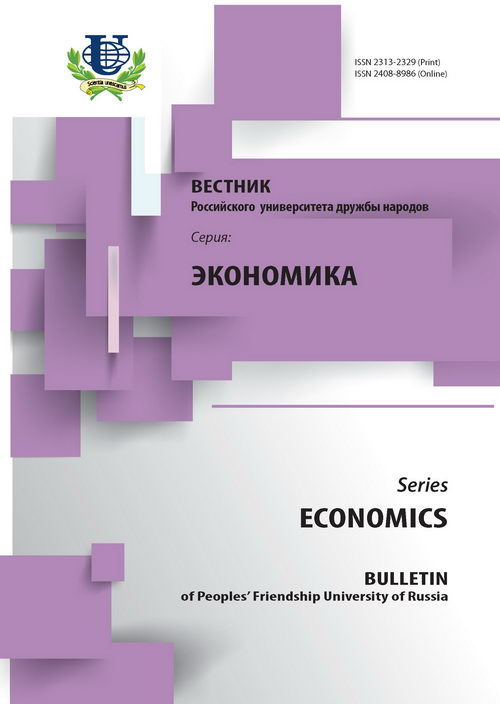PROBLEM OF EFFICIENCY OF REGIONAL INTEGRATION PROJECTS IN THE MODERN ECONOMY
- Authors: Ganeeva MV1
-
Affiliations:
- Eurasian Economic Commission
- Issue: No 2 (2016)
- Pages: 50-61
- Section: ARTICLES
- URL: https://journals.rudn.ru/economics/article/view/12965
- ID: 12965
Cite item
Full Text
Abstract
The article describes the problem of the regional integration effectiveness from the retrospect view of scientific approaches to the subject, and from the point of modern economic theory - “new regionalism”. The author highlights the benefits of this view, justifies its formation on the basis of objective economic factors. The author gives some modern examples of integration projects to illustrate his conclusions. The article covers a number of causes and conditions that make the integration associations and agreements effective in the current situation and prospects for the world economy and political system. In addition, the author describes a number of criteria grouped to show the effectiveness of existing integration blocs and to assess the possible effect of their creation. The author comes to the conclusion that the appeal and prospects of a union from the point of new possible members depend on the factor of political will and also of homogeneity of the member states on the level of the development of institutions and the economy in whole. In the case of significant differences barriers and risks are critical for the possibility of unification.
References
Supplementary files














